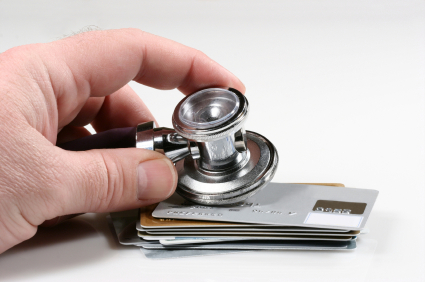Dear Liz: My husband and I are in the process of refinancing our mortgage. I just received my credit report in the mail, and my score was 724. The report indicated that a delinquency resulted in my less-than-stellar score. When I went to the credit bureau site to see where the problem was, I saw that I had a $34 charge on a Visa last year. I rarely use that card, so I did not realize that I had a balance. As a result, I had a delinquent balance for five months last year. I am sick about this, as I always pay my bills on time. To think that my credit score was affected by something so insignificant is really bumming me out. Is there anything I can do to fix this?
Answer: You can try, but creditors are often reluctant to delete true negative information from your credit files. That’s why it’s so important to monitor all of your credit accounts, and to consider signing up for automatic payments so that this doesn’t happen again.
You should know that your mortgage lender won’t look at just one credit score when evaluating your application. Typically, mortgage lenders would request FICO credit scores from each of the three bureaus for both you and your husband, then use the lower of the two middle scores to determine your rate. Even if 724 did turn out to be the lowest of the six scores, you should still get a decent rate, since that’s considered a good score.



